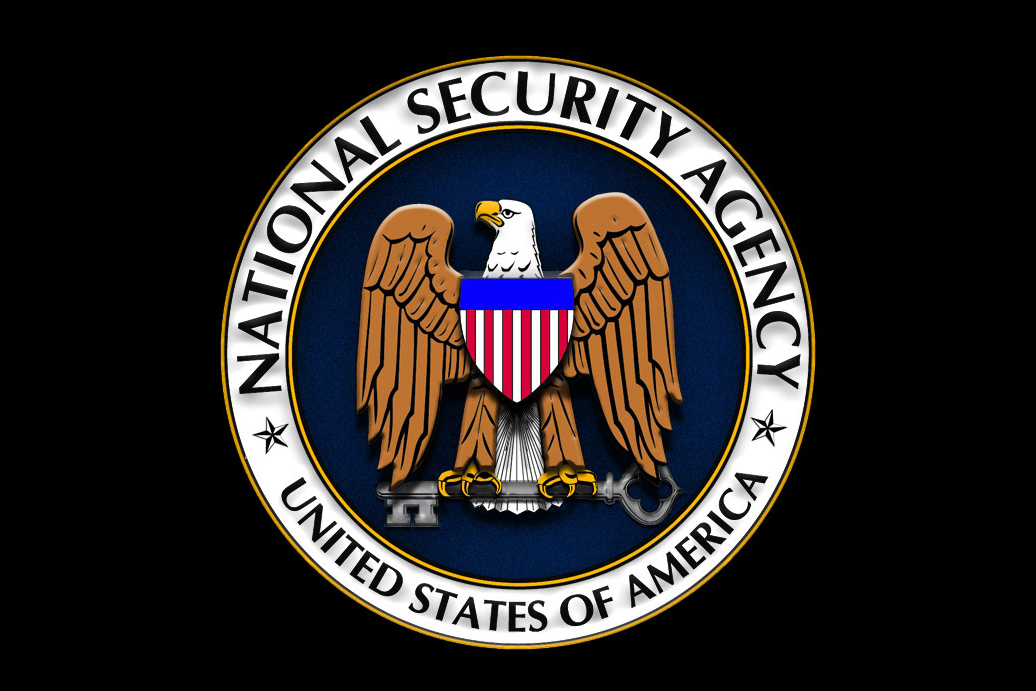Verizon promises transparency after Snowden revelations
Telecoms giant says its first public transparency report will land in early 2014.


Telecoms and business technology giant Verizon has pledged to publish details on the government data requests it receives, after the Edward Snowden leaks showed the company was required to hand over millions of its customers' call data to the National Security Agency.
Verizon expects to publish its transparency report in early 2014, when it will break down the information into categories, such as subpoenas, court orders and warrants.
It will be revealing data on National Security Letters it receives, but "will not disclose information about other national security requests received by the company". National Security Letters are used by the US government to demand data from organisations.
The telecoms firm said it was working with the US government to determine how much detail it could provide.
Randal Milch, the company's executive vice president, public policy, and general counsel, said this year there had been a "greater focus than ever on the use of legal demands" to acquire customer data.
"Verizon is committed to our customers' privacy, and we do not sell information that individually identifies our customers to third parties without our customers' consent," Milch added.
"All companies are required to provide information to government agencies in certain circumstances, however, and this new report is intended to provide more transparency about law enforcement requests.
Get the ITPro daily newsletter
Sign up today and you will receive a free copy of our Future Focus 2025 report - the leading guidance on AI, cybersecurity and other IT challenges as per 700+ senior executives
"Although we have a legal obligation to provide customer information to law enforcement in response to lawful demands, we take seriously our duty to provide such information only when authorized by law."
He called on governments to talk openly about what kinds of data they request and what processes they go through to get it.
A US judge this week called the NSA's metadata collection projects unconstitutional, whilst a White House panel has recommended the intelligence agency's powers be curbed with some "significant reforms".
In particular, it called for the government to cease storing bulk telephony metadata. Instead, data should be held "privately for the government to query when necessary".
"The government should not be permitted to collect and store mass, undigested, non-public personal information about US persons for the purpose of enabling future queries and data-mining for foreign intelligence purposes," the report read.
Tom Brewster is currently an associate editor at Forbes and an award-winning journalist who covers cyber security, surveillance, and privacy. Starting his career at ITPro as a staff writer and working up to a senior staff writer role, Tom has been covering the tech industry for more than ten years and is considered one of the leading journalists in his specialism.
He is a proud alum of the University of Sheffield where he secured an undergraduate degree in English Literature before undertaking a certification from General Assembly in web development.
-
 Should AI PCs be part of your next hardware refresh?
Should AI PCs be part of your next hardware refresh?AI PCs are fast becoming a business staple and a surefire way to future-proof your business
By Bobby Hellard Published
-
 Westcon-Comstor and Vectra AI launch brace of new channel initiatives
Westcon-Comstor and Vectra AI launch brace of new channel initiativesNews Westcon-Comstor and Vectra AI have announced the launch of two new channel growth initiatives focused on the managed security service provider (MSSP) space and AWS Marketplace.
By Daniel Todd Published
-
 Hackers are lying low in networks to wage critical infrastructure attacks - here’s how they do it
Hackers are lying low in networks to wage critical infrastructure attacks - here’s how they do itNews Hackers are researching key IT workers in their bid to gain access to vital systems
By Steve Ranger Published
-
 ASUS, Cisco, Netgear devices exploited in ongoing Chinese hacking campaign
ASUS, Cisco, Netgear devices exploited in ongoing Chinese hacking campaignNews Critical national infrastructure is the target of sustained attempts from state-sponsored hackers, according to Five Eyes advisories
By Ross Kelly Published
-
 Capita tells pension provider to 'assume' nearly 500,000 customers' data stolen
Capita tells pension provider to 'assume' nearly 500,000 customers' data stolenCapita told the pension provider to “work on the assumption” that data had been stolen
By Ross Kelly Published
-
 US reveals bespoke tool that took down Russian malware operation
US reveals bespoke tool that took down Russian malware operationNews Snake had been used to steal NATO countries’ data for 20 years
By Rory Bathgate Published
-
 Move away from memory-unsafe languages like C and C++, NSA urges
Move away from memory-unsafe languages like C and C++, NSA urgesNews The US agency advises organisations to begin using languages like Rust, Java, and Swift
By Zach Marzouk Published
-
 US gov issues fresh warning over Russian threat to critical infrastructure
US gov issues fresh warning over Russian threat to critical infrastructureNews The FBI, NSA and CISA have urged network defenders to be on "heightened alert" for Russian cyber attacks
By Connor Jones Published
-
 Gumtree site code made personal data of users and sellers publicly accessible
Gumtree site code made personal data of users and sellers publicly accessibleNews Anyone could scan the website's HTML code to reveal personal information belonging to users of the popular second-hand classified adverts website
By Connor Jones Published
-
 Pizza chain exposed 100,000 employees' Social Security numbers
Pizza chain exposed 100,000 employees' Social Security numbersNews Former and current staff at California Pizza Kitchen potentially burned by hackers
By Danny Bradbury Published